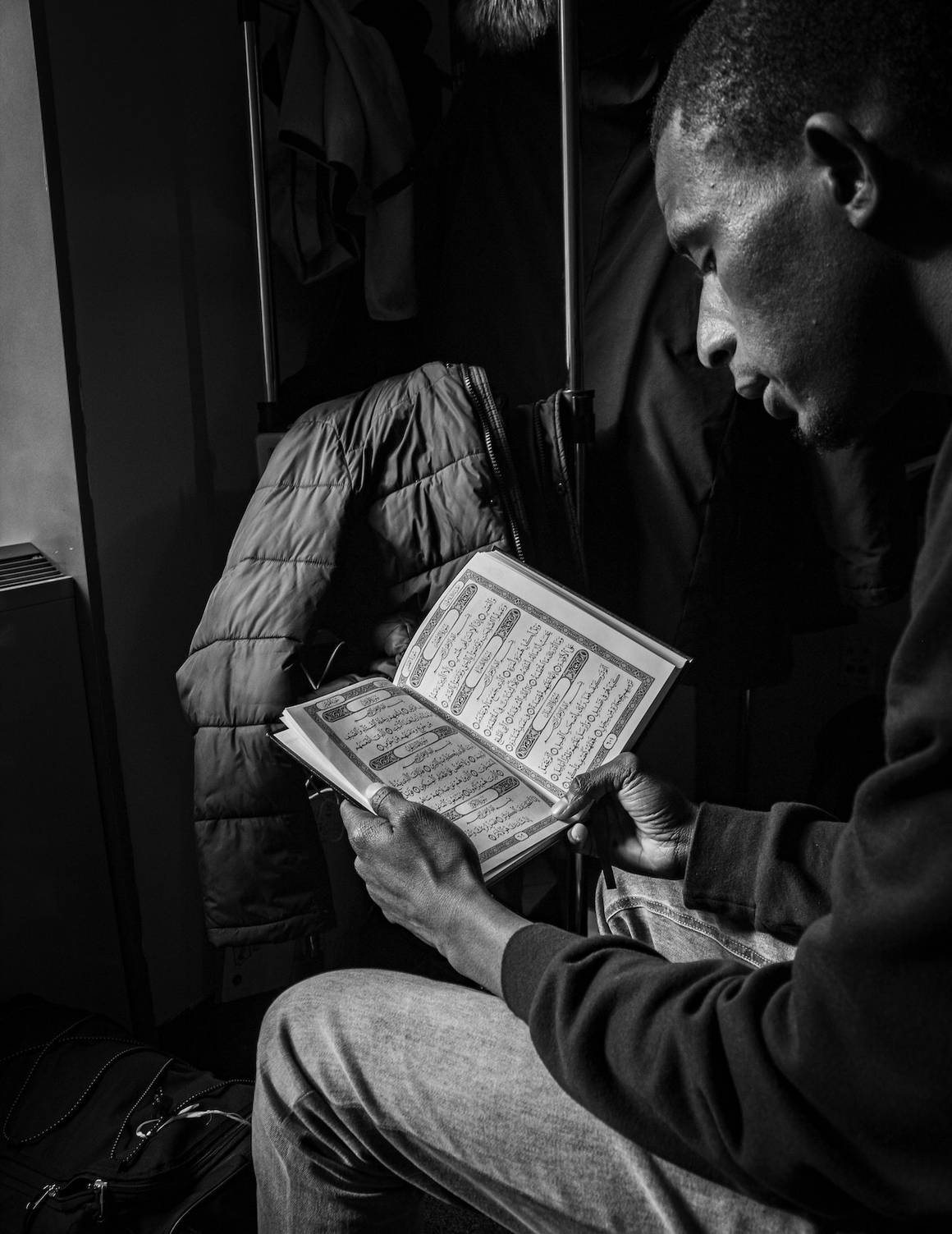In a world increasingly divided by race, nationality, politics, and ideology, the concept of unity holds profound significance, especially for the Muslim Ummah. The Ummah, the global community of Muslims, is not merely a religious or cultural identity; it is a divine bond that transcends borders, languages, and ethnicities. Unity in the Ummah is not just a lofty ideal—it is a fundamental principle rooted in the teachings of the Quran and the Sunnah of Prophet Muhammad (peace be upon him). In this article, we will explore the importance of unity in the Ummah, its spiritual and practical implications, and how we can strive to foster it in our daily lives.
The Quranic Foundation of Unity
Allah (SWT) repeatedly emphasizes the importance of unity in the Quran. One of the most powerful verses on this topic is found in Surah Al-Imran (3:103):
And hold firmly to the rope of Allah all together and do not become divided. And remember the favor of Allah upon you—when you were enemies and He brought your hearts together and you became, by His favor, brothers. And you were on the edge of a pit of Fire, and He saved you from it. Thus does Allah make clear to you His verses that you may be guided.Quran 3:103<br>
This verse beautifully illustrates the divine wisdom behind unity. The "rope of Allah" symbolizes Islam itself, the common thread that binds all believers. By holding onto this rope collectively, Muslims can avoid division and strengthen their bond as brothers and sisters in faith. The verse also reminds us of Allah’s mercy in uniting the hearts of the early Muslims, who were once divided by tribal rivalries and enmity. This unity was not only a source of strength but also a means of salvation.
The Prophetic Example of Brotherhood
The life of Prophet Muhammad (peace be upon him) provides a timeless example of how unity can be achieved and maintained. When the Prophet migrated to Medina, he established the concept of *Mu'akhah* (brotherhood) between the Muhajirun (emigrants from Mecca) and the Ansar (helpers from Medina). This bond was not merely symbolic; it was a practical demonstration of solidarity, where the Ansar shared their wealth, homes, and resources with their brothers in faith.
The Prophet (peace be upon him) also emphasized unity in his farewell sermon, saying:
All mankind is from Adam and Eve. An Arab has no superiority over a non-Arab, nor does a non-Arab have any superiority over an Arab; a white has no superiority over a black, nor does a black have any superiority over a white; except by piety and good action.Prophet Muhammad (pbuh)
This profound statement underscores the equality and brotherhood that should define the Ummah. Unity is not about erasing differences but about celebrating diversity while remaining firmly rooted in shared faith and purpose.
The Consequences of Division
While unity brings strength, division weakens the Ummah and undermines its mission. Allah warns against division in the Quran, stating in Surah Al-Anfal (8:46):
And obey Allah and His Messenger, and do not dispute and [thus] lose courage and [then] your strength would depart; and be patient. Indeed, Allah is with the patient.Quran 8:46
Disputes and divisions not only sap the Ummah’s strength but also hinder its ability to face challenges and fulfill its role as a witness to humanity. History is replete with examples of how internal strife and disunity have led to the decline of Muslim civilizations. Today, the Ummah faces numerous challenges, including Islamophobia, political instability, and social injustice. Without unity, these challenges become insurmountable.
Practical Steps to Foster Unity
Unity in the Ummah is not an abstract concept; it requires conscious effort and action. Here are some practical steps we can take to strengthen our bonds as Muslims:
1. Prioritize Faith Over Culture: While cultural diversity is a blessing, it should never take precedence over Islamic principles. We must focus on what unites us—our belief in Allah, His Messenger, and the Quran—rather than what divides us.
2. Practice Empathy and Compassion: The Prophet (peace be upon him) said,
The believers in their mutual kindness, compassion, and sympathy are just like one body. When one of the limbs suffers, the whole body responds to it with wakefulness and fever.Prophet Muhammad (pbuh)
We must care for one another, regardless of geographical or cultural differences.
3. Avoid Sectarianism and Gossip: Divisive speech and sectarian attitudes harm the Ummah. We should strive to resolve differences through dialogue and mutual respect, following the Quranic injunction:
Indeed, those who have divided their religion and become sects - you, [O Muhammad], are not [associated] with them in anything. Their affair is only [left] to Allah; then He will inform them about what they used to do.Quran 6:159
4. Support Global Muslim Causes: Whether it is standing up for the oppressed in Palestine, aiding refugees in Syria, or supporting Muslim minorities facing persecution, we must remember that the pain of one part of the Ummah is the pain of all.
5. Strengthen Community Ties: On a local level, we can foster unity by participating in mosque activities, volunteering for charitable causes, and building relationships with fellow Muslims.
A Unified Ummah: A Beacon of Hope
A united Ummah is not only a source of strength for Muslims but also a beacon of hope for humanity. Islam teaches justice, compassion, and peace, and a unified Ummah can exemplify these values to the world. By standing together, we can fulfill our collective mission of enjoining good, forbidding evil, and inviting others to the beauty of Islam.
Let us remember the words of the Prophet (peace be upon him):
The believers are like a single structure, each part strengthening the other.Prophet Muhammad (pbuh)
May Allah (SWT) unite our hearts, guide us to the straight path, and make us a source of strength and mercy for one another. Ameen.


